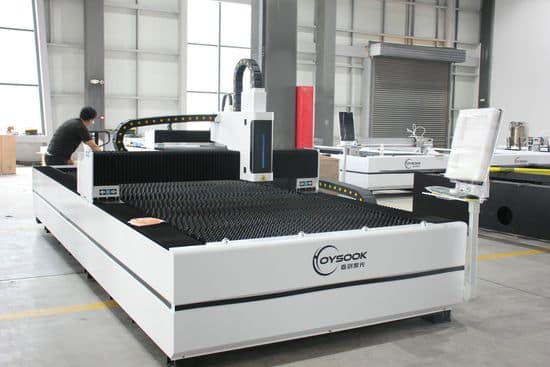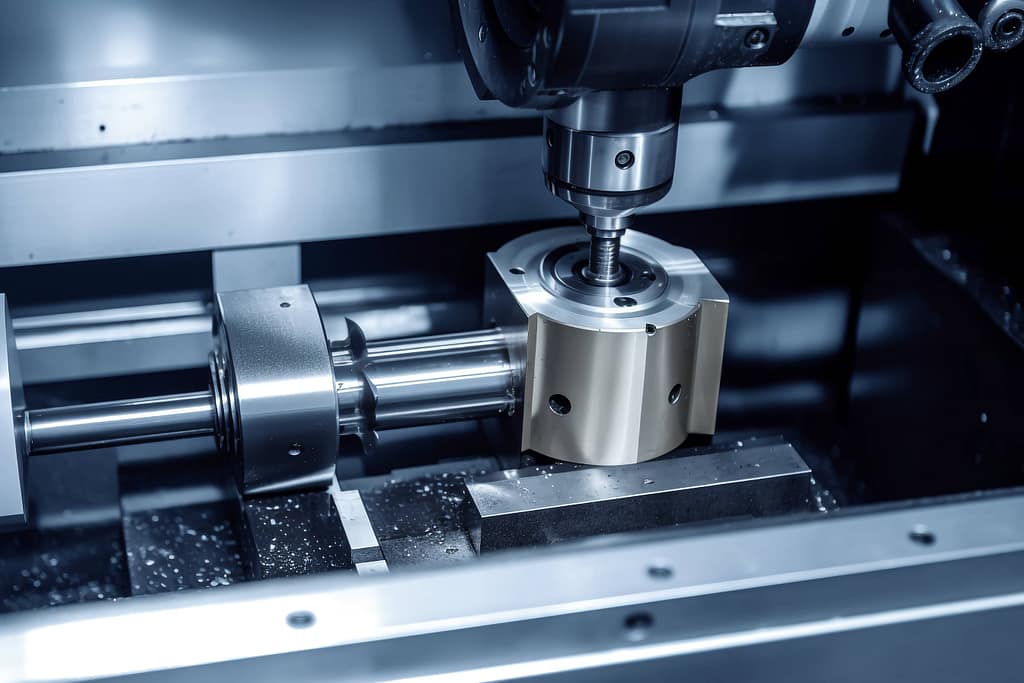Introduction
In the ever-evolving world of manufacturing, Máquinas CNC have emerged as a cornerstone of modern industrial processes. These Computer Numerical Control (CNC) machines have transformed the way we produce goods, offering unparalleled precision, efficiency, and versatility. This article delves into the modern advantages of CNC machines, highlighting their transformative impact on the manufacturing industry.
Precision and Accuracy
Unmatched Precision
One of the most significant advantages of CNC machines is their ability to achieve unparalleled precision. Unlike traditional manual machining, where human error can lead to inconsistencies, CNC machines operate with exacting accuracy. This precision is crucial in industries where even the slightest deviation can result in product failure.
Consistency Across Production
CNC machines ensure that every piece produced is identical to the last. This consistency is vital for mass production, where uniformity is key to maintaining product quality. Whether it’s aerospace components or medical devices, CNC machines deliver the same high standard every time.
Efficiency and Productivity
Increased Production Speed
CNC machines operate at high speeds, significantly reducing production time. Automated processes mean that tasks that once took hours can now be completed in minutes. This increased speed allows manufacturers to meet tight deadlines and respond quickly to market demands.

Reduced Labor Costs
By automating complex tasks, CNC machines reduce the need for manual labor. This not only cuts down on labor costs but also minimizes the risk of workplace injuries. Operators can oversee multiple machines simultaneously, further enhancing productivity.
Versatility and Flexibility
Wide Range of Applications
CNC machines are incredibly versatile, capable of handling a wide range of materials and tasks. From cutting and drilling to milling and engraving, these machines can perform multiple functions with ease. This versatility makes them indispensable in various industries, including automotive, aerospace, and electronics.
Easy Reprogramming
One of the standout features of CNC machines is their ability to be easily reprogrammed for different tasks. This flexibility allows manufacturers to switch between production runs without significant downtime. Whether it’s a new product design or a custom order, CNC machines can adapt quickly to changing requirements.
Advanced Technology Integration
Integration with CAD/CAM Software
CNC machines seamlessly integrate with Computer-Aided Design (CAD) and Computer-Aided Manufacturing (CAM) software. This integration allows for the precise translation of digital designs into physical products. Designers can create complex geometries and intricate patterns, which CNC machines can then produce with exacting accuracy.
Real-Time Monitoring and Analytics
Modern CNC machines are equipped with sensors and software that enable real-time monitoring and analytics. This technology provides valuable insights into machine performance, allowing for proactive maintenance and optimization. By identifying potential issues before they become problems, manufacturers can minimize downtime and maximize efficiency.
Sustainability and Environmental Impact
Reduced Material Waste
CNC machines are designed to optimize material usage, significantly reducing waste. Precise cutting and machining mean that only the necessary amount of material is used, minimizing scrap. This not only lowers production costs but also contributes to environmental sustainability.
Energy Efficiency
Modern CNC machines are engineered to be energy-efficient, consuming less power while maintaining high performance. This energy efficiency is crucial in reducing the carbon footprint of manufacturing processes. By adopting CNC machines, manufacturers can contribute to a greener, more sustainable future.
Economic Impact
Competitive Advantage
In today’s competitive market, manufacturers need every advantage they can get. CNC machines provide a significant edge by enhancing productivity, reducing costs, and improving product quality. Companies that invest in CNC technology are better positioned to compete on a global scale.
Job Creation and Skill Development
While CNC machines reduce the need for manual labor, they also create new opportunities for skilled workers. The operation and maintenance of CNC machines require specialized knowledge, leading to the development of a highly skilled workforce. This shift towards advanced manufacturing jobs contributes to economic growth and innovation.
Conclusión
CNC machines have revolutionized the manufacturing industry, offering a host of modern advantages that are hard to ignore. From unmatched precision and efficiency to versatility and sustainability, these machines are at the forefront of industrial innovation. As technology continues to advance, the role of CNC machines will only become more critical, driving progress and shaping the future of manufacturing.
Investing in CNC machines is not just a business decision; it’s a commitment to excellence, sustainability, and economic growth. Embrace the future of manufacturing with CNC technology and experience the transformative impact it can have on your production processes.
